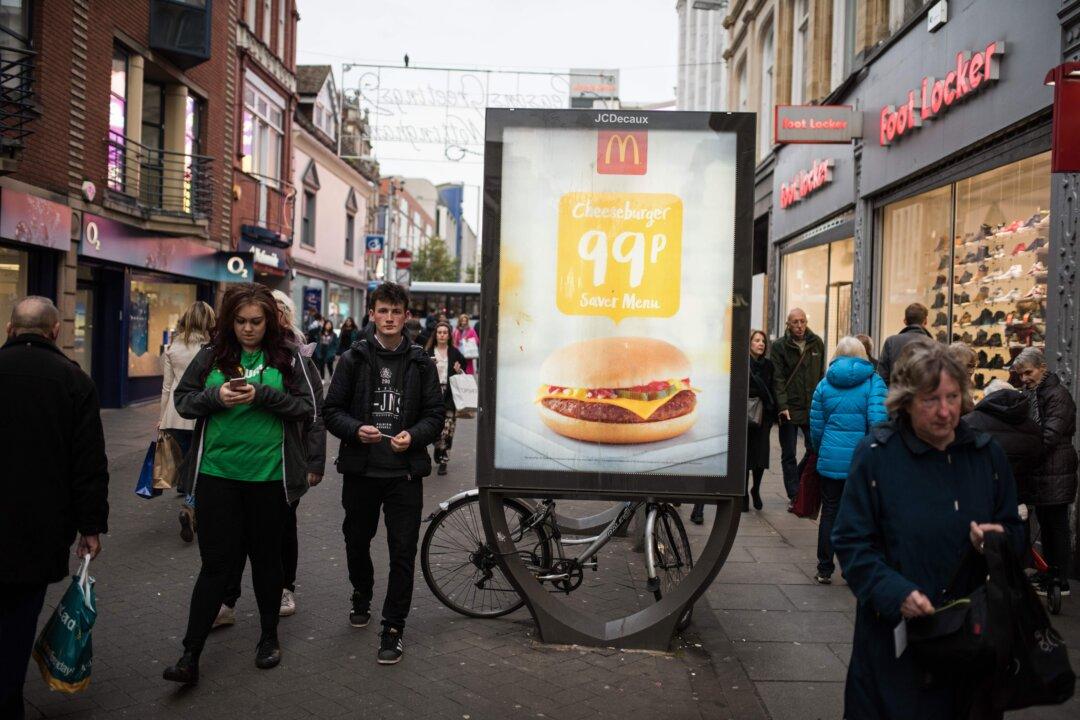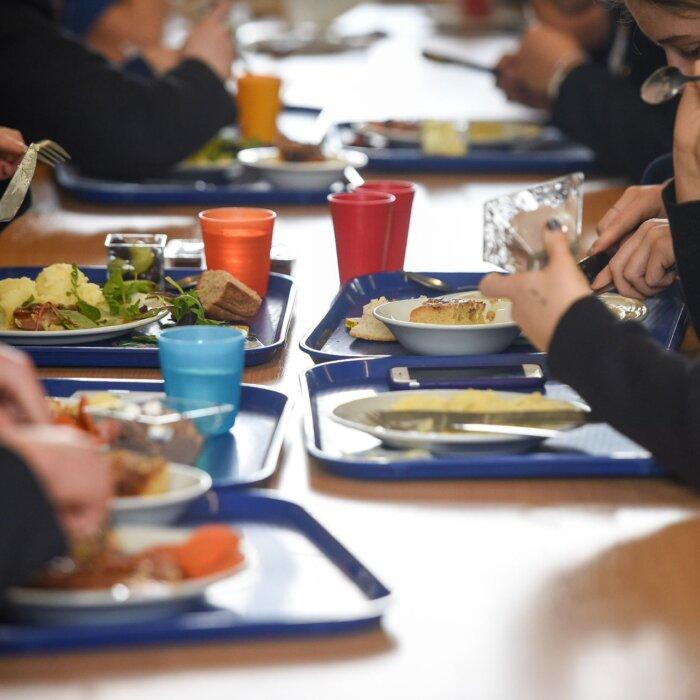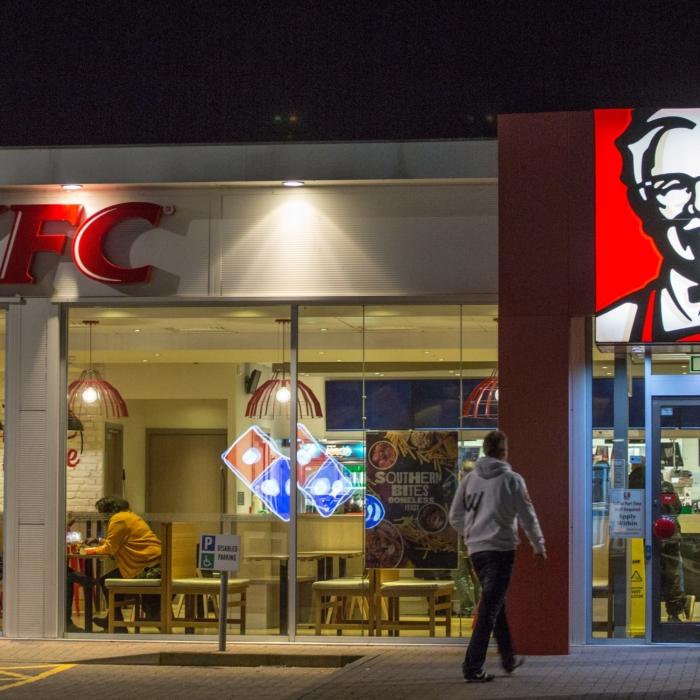A pre-watershed ban on junk food advertising is expected to prevent an estimated 20,000 cases of childhood obesity, according to the Department of Health and Social Care (DHSC).
The DHSC announced on Tuesday that the new restrictions, which will come into effect in October 2025, aim to remove 7.2 billion calories annually from children’s diets in the UK.
The ban will prohibit junk food and drink ads on TV before 9 p.m. and impose a 24-hour restriction on paid-for online advertising of these products.
The measures are designed to reduce children’s excessive exposure to unhealthy foods and combat rising rates of obesity-related conditions, such as diabetes and heart disease.
By age 5, 23.7 percent of children experience tooth decay, largely owing to excessive sugar consumption.
The NHS spends approximately £6.5 billion annually treating obesity-related illnesses.
“Obesity robs our kids of the best possible start in life, sets them up for a lifetime of health problems, and costs the NHS billions,” said Secretary of State for Health and Social Care Wes Streeting.
“This government is taking action now to end the targeting of junk food ads at kids, across both TV and online. This is the first step to deliver a major shift in the focus of healthcare from sickness to prevention, and towards meeting our government’s ambition to give every child a healthy, happy start to life,” he added.
NHS National Medical Director Sir Stephen Powis also welcomed the ban, emphasising the importance of prevention.
Scope of the Restrictions
The DHSC guidance outlined the food and drink categories affected by the advertising ban.The restrictions apply to products deemed “less healthy” under a government scoring system and cover 13 specific categories, including soft drinks, savoury snacks, cakes, biscuits, chocolates, sweets, ice cream, and pastries.
David Fothergill, chair of the Local Government Association’s community well-being board, welcomed the legislation but called for a broader strategy to tackle childhood obesity.
“Efforts to reduce obesity must be part of a whole-systems approach. Greater powers for councils to address the clustering of takeaways and restrict junk food advertising near schools, combined with investment in council-run programmes promoting physical activity and healthy weight, are essential,” he said in a statement.
The junk food ad ban follows other government initiatives to curb sugar consumption.
However, it achieved limited success, with sugar reductions of just 3.2 percent in cakes, 3.1 percent in biscuits, and 0.9 percent in chocolates. Campaign group Action on Sugar described the results as “minimal” and insufficient to make a meaningful impact.
In contrast, the Soft Drinks Industry Levy, introduced in April 2018, achieved a 34.3 percent reduction in sugar content.
The tax applies to soft drinks with added sugar and low-alcohol beverages, demonstrating the effectiveness of mandatory measures over voluntary ones.
The measures are part of the government-led plan to shift national health care from treatment to prevention. It is the key focus of Labour’s 10 Year Health Plan, which the government is set to publish in spring 2025.







